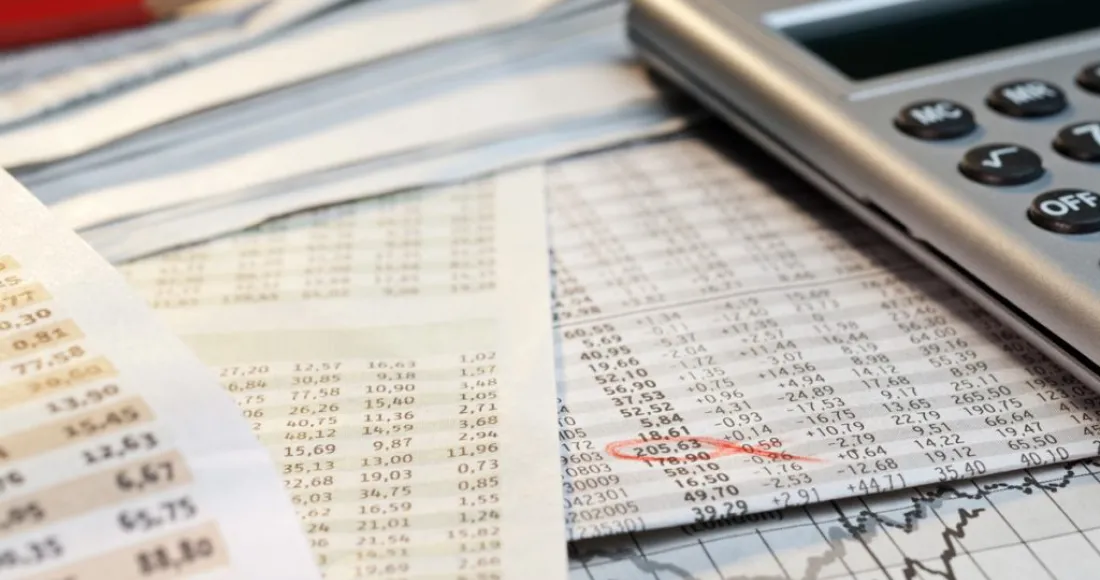
After the 2008 financial crisis, many of us wondered how such a massive collapse could have occurred in a nation as financially prosperous as the United States. Alas, no nation is immune to corruption.
Corruption rarely starts as an institution; it begins with individual choices and is perpetuated by many individuals choosing the path of least resistance within or alongside organizations. Humans are social creatures prone to groupthink, and this dynamic tends to intensify the more powerful a group becomes, and the more resources it acquires. This is where whistleblowing becomes an imperative function in our society.
Wariness of excessive government interference in the free market is uniquely American, so we rely heavily on private citizens to hold each other accountable for corporate wrongdoing. Enabling individuals to break patterns of corruption, whether or not they are directly employed by the organization, is how we encourage and sustain responsible capitalism.
In an effort to maintain total autonomy without accountability, some corporations and business lobbyists have attempted to extinguish the practice of whistleblowing by suggesting that whistleblowers are disloyal or untrustworthy. Despite those attempts, whistleblowing is not indicative of a lack of allegiance to an organization or industry. Instead, people often become whistleblowers precisely because they care so much about the integrity of the organization or industry in question and they want it to be more just. It is a bold and necessary role in a nation with many moving political, financial and sociological parts. The concept of collective accountability spurred by individual responsibility has therefore been instituted in official capacities in America for over two centuries.
In November of 2015, the SEC released the annual report for its relatively young whistleblower program, and the results serve both as affirmation of the Dodd-Frank Act’s positive impact and as a reminder that whistleblowers are worthy of praise, not scorn.
Why the SEC whistleblower program was created
On August 12th, 2011, the SEC officially launched its whistleblower program. The program was a part of the Dodd-Frank Wall Street Reform and Consumer Protection Act implemented in response to the financial crisis. It included the possibility of financial rewards of up to 30% for any tips that led to more than $1 million in monetary sanctions from SEC enforcement action. The program was structured to incentivize higher quality tips and to provide legal protection against any potential retaliation whistleblowers might face as a result of their participation.
Although the financial incentives made business lobbyists nervous that individuals may deliberately seek out fraudulent activity to earn financial rewards, they are a standard component of official whistleblowing programs. Whistleblowing is a weighty decision, particularly as it pertains to confronting large organizations with seemingly limitless resources.
Critics of the program were also concerned that there was no requirement for whistleblowers to first go through internal channels to report fraud before going to the government. Internal reporting does not detract from a whistleblower’s potential reward or the validity of their tips, however. Not making this process a requirement makes reporting quality tips a possibility for more participants, because in corporations where fraud is occurring on a massive scale, internal reporting procedures may not be safe or reliable.
This year's milestones
The SEC’s reports on this program are growing more promising with each year. Since the beginning of the whistleblower program in 2011, $54 million has been paid out to 22 whistleblowers. In the 2015 fiscal year alone, whistleblowers received a total of $37 million for reporting tips that resulted in SEC monetary sanctions over $1 million. There were over 4,000 tips reported within the year alone, and the SEC received more than 120 award claims. This data indicates 30% growth in 2015 as compared to the previous year.
The SEC experienced its first major success story of the year in April, when it brought charges against engineering firm KBR. The firm had implemented confidentiality agreements that threatened disciplinary action for activities related or leading to whistleblowing. This is a violation of Rule 21F-17 of the Dodd-Frank Act, which protects employees’ legal rights to report securities fraud to the SEC. The penalty for this violation was a $130,000 fee; KBR also had to amend its confidentiality agreement to reflect the correct legal context.
The second milestone for the whistleblower program involved hedge-fund advisory firm Paradigm and a corporate officer who reported information regarding securities fraud there. The whistleblower faced illegal consequences as a result of his actions, including removal of supervisory responsibilities, a change in job function and overall marginalization. Paradigm also forced the whistleblower to investigate the fraud internally, after he had already reported it to the SEC. In late
April 2015, The SEC charged Paradigm for this illegal retaliation and the company’s original fraudulent activity. The whistleblower in question was granted the maximum award of 30% of the monetary sanctions seized from Paradigm, a reward totaling over $600,000. This was the SEC’s first retaliation case. The agency recognizes it as an opportunity to encourage others to report securities fraud, with the knowledge that they are truly protected by law.
The future of whistleblowing
SEC’s whistleblower program is making important progress in demonstrating the positive impact of whistleblowing to individuals and organizations. Corporations today have immense power, and the existence and legal protection of federal whistleblowing programs act as a checks and balances system. We need it to continue enjoying the freedoms that we cherish, freedoms that should never be just ideas—they should be practices.

